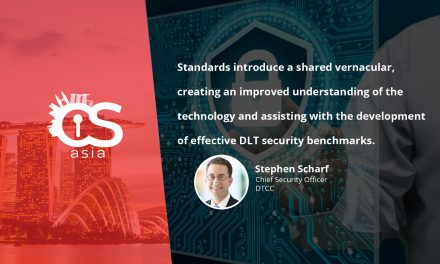A recent threat intelligence report has demonstrated that, when it comes to preemptive cyber-defense, no organization is an island.
Over the last few years, with the growth of digital payment solutions and the sudden shift to e-commerce, payment security has become a top concern.
As the pandemic continues to accelerate the adoption of digital transactions, the financial sector is finding it necessary to tighten the security of both digital payments and the infrastructures that support them.
Amid lockdown restrictions and hybrid or remote-working arrangements set to continue in the financial institutions, banks may be struggling to boost cybersecurity and compliance with overstretched IT staff. According to Kaspersky telemetry, this is what threat intelligence services can be of help.
Outsourcing cyber-vigilance
The cybersecurity firm had found that threat intelligence was considered an area of investment in response to a data breach for 41% of enterprises and 39% of small and medium-sized enterprises surveyed.
Up-to-the-minute threat intelligence was seen as a supplement to ongoing efforts for digital connectivity, identification, and payments infrastructure. For the financial sector, cyber intelligence vendors can continually analyze cyber threats aimed at the business, and help recommend solutions specific to the problems found.
Additionally, cyber threat intelligence (CTI) specialists can aid in strengthening data loss prevention strategies, boost vigilance and safety/prevention measures, and also foster an information-sharing culture with global cyber defense agencies and vendors.
According to the firm’s General Manager (Southeast Asia), Yeo Siang Tiong: “While it is a huge responsibility for banks and financial service providers to secure their virtual systems, investing in the most intelligent solutions is essential as they build their cyber defenses to better protect their customers and their businesses. From a cybersecurity standpoint, threat intelligence is an advanced, specialized framework that the financial sector will significantly benefit from.”
Yeo added that security operations centers can benefit from the full protection and power of threat intelligence if they find a solution that offers data feeds specific to their industry, and one that can be customized to suit different budgets and business requirements.
In addition, depending on a firm’s security posture and IT strategy for the Indicators of Compromise commonly encountered by similar businesses, the right solution can be selected based on vendor experience and specialization. Additional frills such as speedy incident response and quality of data feeds can also be considered where appropriate.

















